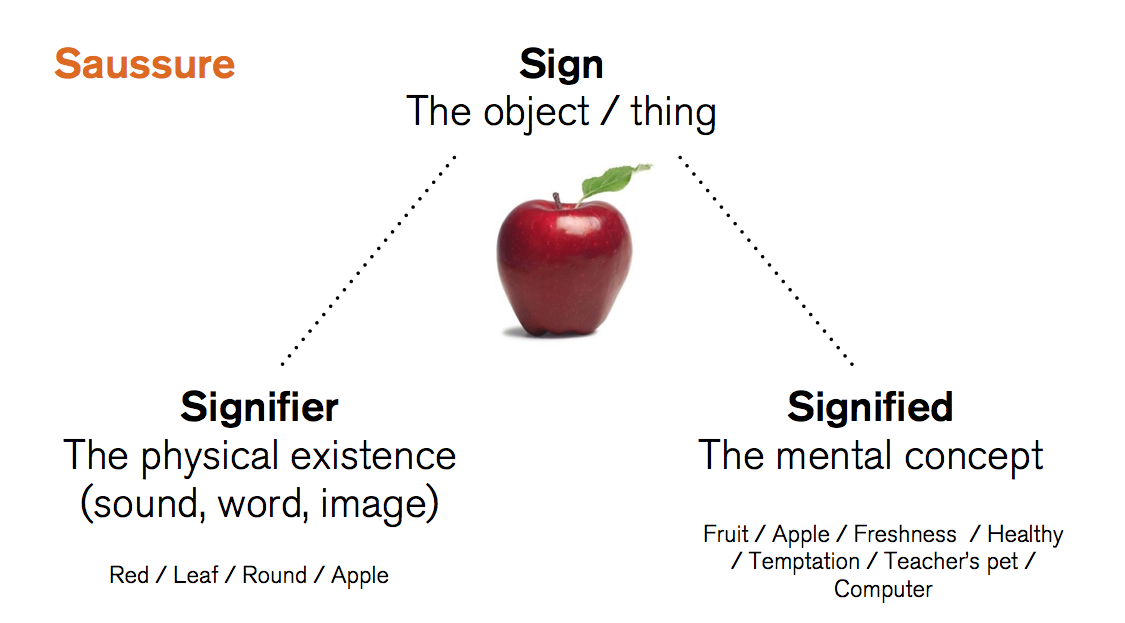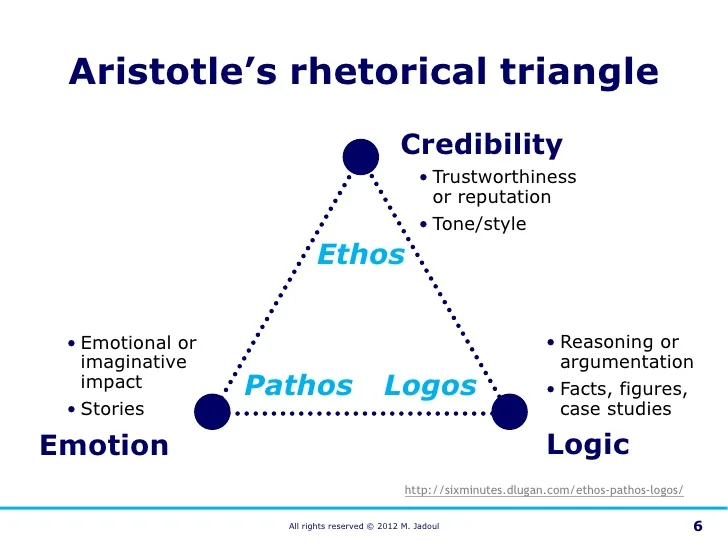Friday, August 21, 2020
Monday, March 2, 2020
Friday, February 28, 2020
Day 14
Common Theoretical Lenses
- Marxist (tensions between rich and poor)
- Feminist (power tension between men and women)
- Gender (how gender is presented)
- Ethnic Studies (divided down by culture, location, identity)
- Structuralism (how does it fit in structures we have created)
- Genre, myth, heroes journey
- Historical
- Autobiographical
http://www.mpsaz.org/rmhs/staff/rkcupryk/aa_jr/files/microsoft_word_-_literary_theories.pdf
https://owl.purdue.edu/owl/subject_specific_writing/writing_in_literature/literary_theory_and_schools_of_criticism/index.html
https://libguides.uta.edu/literarycriticism/theories
https://instructure-uploads.s3.us-east-1.amazonaws.com/account_38180000000000001/attachments/883799/%2527%2527The%20Story%20of%20an%20Hour%2527%2527%20and%20Critical%20Approaches%20to%20Literature%20Presentation--FOR%20PRINTING.pdf?response-content-disposition=attachment%3B%20filename%3D%22%27%27The%20Story%20of%20an%20Hour%27%27%20and%20Critical%20Approaches%20to%20Literature%20Presentation--FOR%20PRINTING.pdf%22%3B%20filename%2A%3DUTF-8%27%27%2527%2527The%2520Story%2520of%2520an%2520Hour%2527%2527%2520and%2520Critical%2520Approaches%2520to%2520Literature%2520Presentation%252D%252DFOR%2520PRINTING.pdf&X-Amz-Algorithm=AWS4-HMAC-SHA256&X-Amz-Credential=AKIAJDW777BLV26JM2MQ%2F20200228%2Fus-east-1%2Fs3%2Faws4_request&X-Amz-Date=20200228T082459Z&X-Amz-Expires=86400&X-Amz-SignedHeaders=host&X-Amz-Signature=8bcb7c63af8f7034fe105f6a56260e505cde0d17b3d8f6806a88aee06dcf894a
Google Doc
Tuesday, February 25, 2020
Day 13
Discussion Leader
Homework:
Homework:
- We will be watching the "Thriller" music video in class on Friday. If you have never watched it, you might preview it.
Monday, February 24, 2020
Day 12
Quoting, Summarizing, Paraphrasing
https://writingcenter.ashford.edu/quoting-paraphrasing-summarizing
General rules for good quoting:
https://writingcenter.ashford.edu/quoting-paraphrasing-summarizing
General rules for good quoting:
- Make sure it is worth the space
- Is it insightful?
- Is it worded carefully and originally?
- Does the quote impact your argument?
- No Cherry Picking!
- If it does not relate to any of the previous questions, then it will seem odd, out of place, and a waste of space.
- Cite your quote properly.
- Include information that will allow the reader to understand it best or information to increase credibility.
- Add where your source is from, if it will help
- According to Tom Smith, leading spokesperson for
- Grace Memorial, the hospital with the most advanced support for...
- EXPLAIN YOUR QUOTE
- Quotes cannot be an elephant paratrooper--dropped in from nowhere only to be ignored. You must explain why this quote is significant to your argument. This is similar to (and often is) the explanation in your paragraph. How does this quote support your overall thesis.
https://drive.google.com/file/d/1nt9d50w0SwD7HcGRhKipW0msBHXa6Bgz/view?usp=sharing
- Find a quote for a thesis that supports Jim/Fact checker's POV
- Find a quote for a thesis that supports John's/Writer's POV
- Find a quote that shows how juvenile one or both are and frame it in a way that shows how comments like that minimalism the importance of the argument.
- Summarize a section
- Paraphrase a section
In the Lifespan of a Fact, a fact checker and a
writer argue about the importance of facts.
Facts should not be changed and should be presented as honestly as
possible.
Facts can be
changed in order to get at the Truth of an issue or to make it so the reader
has a more real experience.
Both Jim and
John were so immature in their argument that they undermined the importance of
the debate.
Friday, February 21, 2020
Day 11
Discussion on Lifespan of a Fact and guide on discussion leader protocol.
Homework:
Homework:
- Find a guide that tells you how to format citations and papers in your chosen style. Bring a printout or laptop/phone to access it during class.
- Mark a few quotes from Lifespan that you think are good/interesting/important/funny quotes. 3ish.
Monday, February 17, 2020
Friday, February 14, 2020
Day 8
How to define meaning? Who defines it? How is it enforced?
Jacques Derrida--Sign, Structure and Play
If play happens, how do we decide on word meaning?
Poetry
ISA--Ideological State Apparatuses--Luis Althusser
How are unspoken rules enforced?
Why does all of this matter?
We need to be vigilant analyzers and not passive receptors of information and products. Ask why. Why did they make that choice? Why did they use that word? Why did they hire that person?
Jacques Derrida--Sign, Structure and Play
If play happens, how do we decide on word meaning?
Poetry
ISA--Ideological State Apparatuses--Luis Althusser
How are unspoken rules enforced?
Why does all of this matter?
We need to be vigilant analyzers and not passive receptors of information and products. Ask why. Why did they make that choice? Why did they use that word? Why did they hire that person?
Wednesday, February 12, 2020
Monday, February 10, 2020
Day 6
- Share in groups
- What you did in your paper
- What was easy about writing
- What was hard about writing
- Overview of Writing Assignments
- Brainstorm:
- What questions do you have that you didn’t ask?
- What topics of T/truth do you think you might cover?
- Who might you interview?
https://fox4kc.com/2018/10/04/rock-used-as-doorstop-for-30-years-turns-out-to-be-meteorite-valued-at-100k/
Political posting:
https://support.bestfriends.org/site/Advocacy?cmd=display&page=UserAction&id=763&utm_medium=email&utm_source=luminate&utm_campaign=advocacy&
All dogs are individuals — yet it's currently legal in Missouri for government officials to outlaw any breed or mix of pet dog, meaning any Missouri city could decide to ban your pet simply because of the way it looks.
Fortunately, two bills have been filed that would prohibit Missouri cities, towns and counties from passing such breed-discriminatory laws. Will you speak up for Missouri pets today? Your voice can make all the difference to decision makers.
Passing breed-neutral laws that emphasize public safety and individual accountability is the only effective approach to protecting both people and pets. Twenty two states already prohibit breed-specific legislation. It's time for Missouri to do the same. Please send a message to your legislators now.
Friday, February 7, 2020
Day 5
Thesis: what and why
What is happening and why?
What is their argument and why is it significant or unusual?
What do you predict will happen and why?
Paragraph:
Point: mini thesis, what and why, mix of example and explanation.
Example: specific example that proves your point. Could be a quote, data, personal story, summary
Explanation: explain how your example ties to your thesis.
What is happening and why?
What is their argument and why is it significant or unusual?
What do you predict will happen and why?
Paragraph:
Point: mini thesis, what and why, mix of example and explanation.
Example: specific example that proves your point. Could be a quote, data, personal story, summary
Explanation: explain how your example ties to your thesis.
Friday, January 31, 2020
Wednesday, January 29, 2020
Day 3
- Schedule
- Questions about first assignement
- Name Game
- Truth--Platonic, Spiritural, Religious
"Parker exploited the similarities between science and religious doctrine to argue that although nature and religious truth are permanent, any merely human version of such truth is transient."
For many of the transcendentalists the term “transcendentalism” represented nothing so technical as an inquiry into the presuppositions of human experience, but a new confidence in and appreciation of the mind’s powers, and a modern, non-doctrinal spirituality. The transcendentalist, Emerson states, believes in miracles, conceived as “the perpetual openness of the human mind to new influx of light and power…” (O, 100).
Monday, January 27, 2020
Day 2
- Truth vs truth
- What should always be true
- Share
- Name
- Relationship to truth
- Major
No class Monday
Friday, January 24, 2020
Day 1
- Syllabus overview and blog tour
- Ask Questions!
- One question important to know about a person
- One question important to know about a teacher
Monday:
- Introductions
- Truth vs. truth
Wednesday, January 22, 2020
Welcome!
This class will be working on two levels: writing and thinking. I view writing as an act of thinking and sharing ideas so you can't have one without the other. Also, if we just focus on writing, and only writing, I think most of you would hate this class. Can you imagine an hour lecture about verbs or passive voice?
I structure these courses around an idea specific enough that we can all discuss it together, but broad enough so that you can explore a topic that interests you.
The idea this semester is Truth/truth. What is it? How is it made? How can we communicate if we can't agree on it? How do we know it when we see it?
Reading:
Writing: I would recommend that you pick a topic to focus you (religion, science, computers, writing, politics, aliens, flat earthers)
I structure these courses around an idea specific enough that we can all discuss it together, but broad enough so that you can explore a topic that interests you.
The idea this semester is Truth/truth. What is it? How is it made? How can we communicate if we can't agree on it? How do we know it when we see it?
Reading:
- We will read examples of writing by some of the greatest authors in Art of Fact. This book has short, non-fiction excerpts of articles and novels. It will be supplemented with a few other fiction and non-fiction texts.
- The other text, The Lifespan of a Fact, will come first. This text is a conversation between an author and a fact checker over an article on how to tell the truth.
Writing: I would recommend that you pick a topic to focus you (religion, science, computers, writing, politics, aliens, flat earthers)
- Personal Truth--This will be a short, easy essay in which it's primary function is to be used for editing and practicing writing.
- Truth in the Text--You will pick one of the stories discussed in class and show what truth is at work and how the author has crafted it.
- Truth Explored--Pick a topic that interests you and analyze how truth is used.
- Truth Interview--Interview someone and write about their views of the truth and how they use it in their life.
- Bibliography--find sources on your topic, write a summary and citation.
Presentation:
- 15 minute discussion leader on a text--visual aid, brief presentation on your text, lead a class discussion
- mini-informal speeches--for each writing submission, you will be in a group of 4 and you will share what you wrote/discovered. You can practice formal speech elements or you can just chat
Final Project:
You will have practiced and studied different rhetorical skills all semester. For this final project, you will create something with the goal of persuading someone of your truth. It can be a website, a commercial, a short story, a song, a speech...anything to communicate your truth. Your project will be viewed by your classmates and they will grade the success of your project. Their grade will be a part of your final grade.
Subscribe to:
Posts (Atom)





